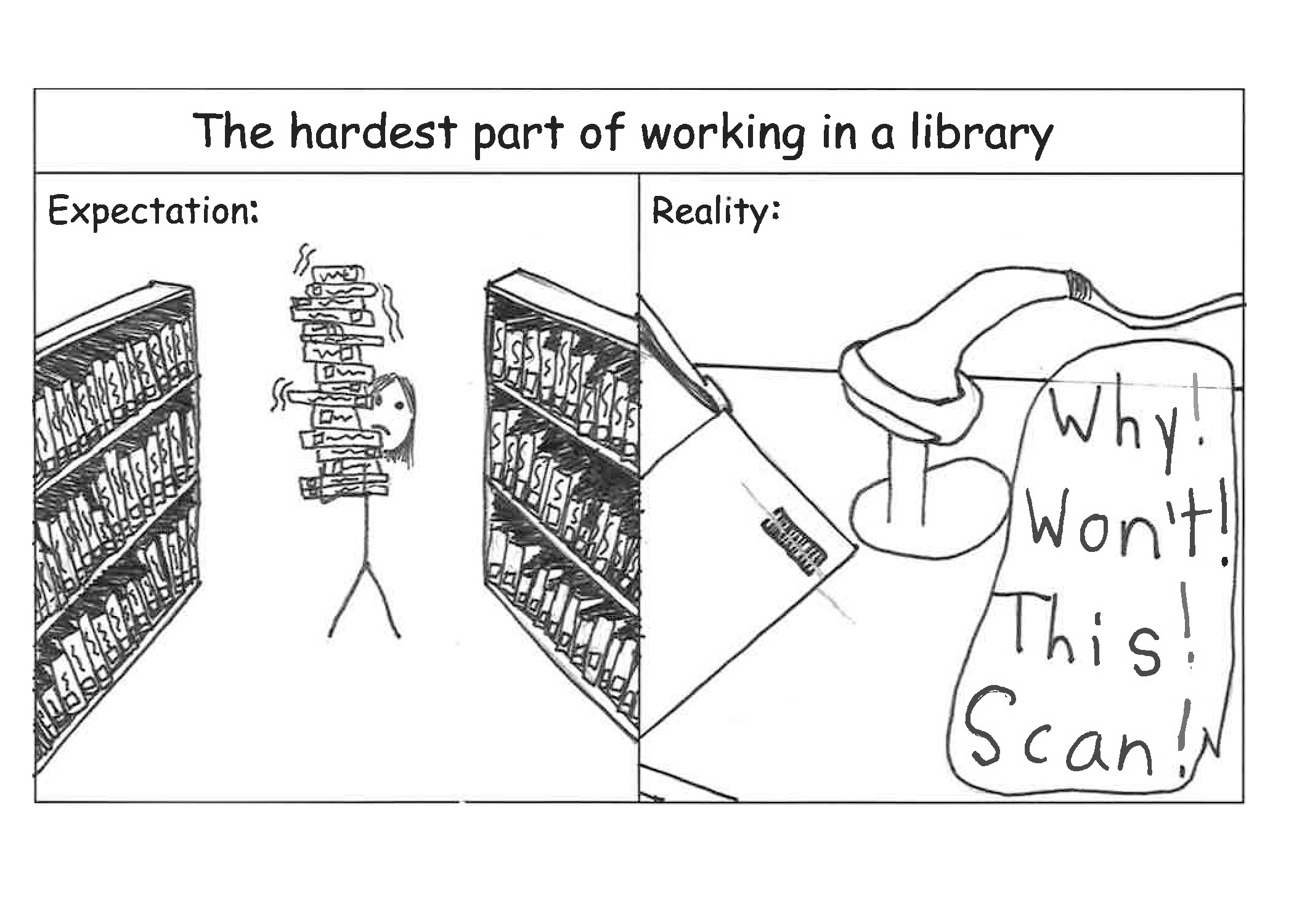by Jen Lynds, UTimes Advisor
Pope Francis recently sparked a contentious debate by proposing that couples who prioritize pets over children demonstrate selfishness. He disregards the evolving nature of family in the modern world and dismisses the complex and personal reasons behind people’s decisions, despite the fact that his statement embodies a traditional view of family values.
One of the underlying assumptions of the claim is that the decision to have children is universally accessible. However, in reality, financial instability, health issues, and personal circumstances frequently play a significant role. The current cost of rearing a child is exorbitant. Couples are confronted with substantial financial costs that complicate the process of beginning a family, ranging from housing to education. Pets provide companionship without the same level of long-term financial duress for many, and they are not selfish; rather, they are practical.
Prioritizing a meaningful and balanced existence is a personal decision, rather than an act of egotism. Numerous individuals regard pets as integral family members, offering emotional support and happiness. Pet owners invest time, care, and affection in their animals, frequently rescuing them from shelters or adverse circumstances. To assert that loving and caring for a live being, regardless of whether it is a child, is fundamentally selfish overlooks the compassion and responsibility inherent in pet ownership.
It is crucial to evaluate the social and environmental ramifications. Overpopulation and the climate disaster are escalating global issues. Some individuals deliberately opt to have fewer or no children to minimize their environmental impact. Their choice, however individual, adds to a larger discourse on sustainability and responsible living.
Pope Francis’ remark also risks alienating individuals who are unable to conceive. Infertility, medical disorders, and more render the conception of biological children unattainable for many women. In such instances, pets can provide the solace and company that folks desire. Characterizing their decision as selfish is not only callous but it reinforces antiquated perceptions of the ideal family structure.
Contemporary family structures exhibit considerable diversity. The definition of family has expanded beyond traditional confines, encompassing single-parent households and childless couples. Pets have historically been integral to contemporary family structures, offering company and affection.
Instead of passing judgment, the Pope might underscore the significance of compassion, responsibility, and kindness, whether towards children, animals, or the broader community. The choice to procreate—or abstain—is profoundly personal and complex. Characterizing this decision as purely selfish undermines the charity that the church promotes.
Perhaps the Pope needs to learn the very lessons of compassion, loyalty, and kindness that animals teach. It is time for the Pope to get a pet.




